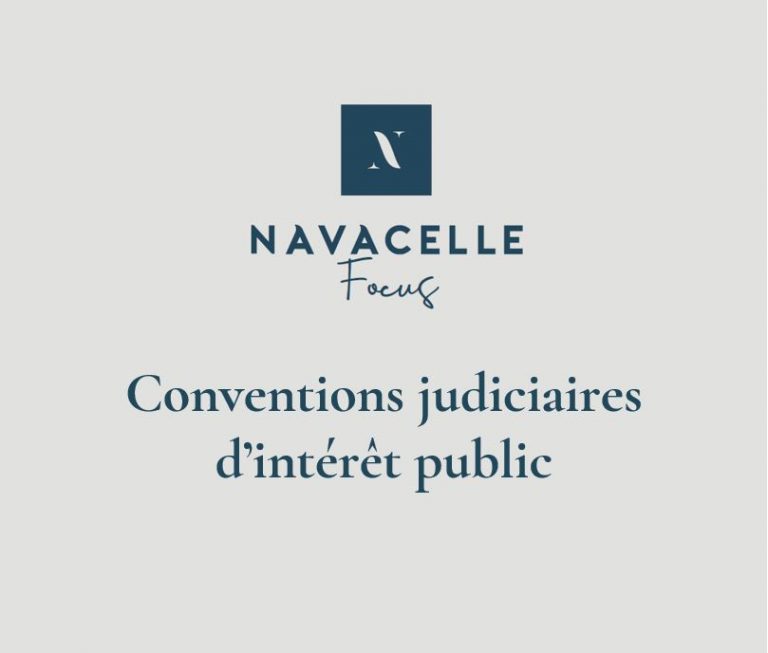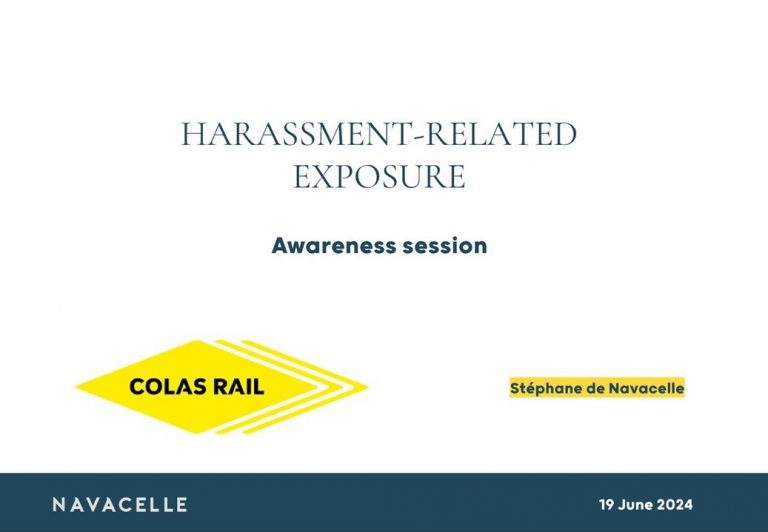On 25 November 2020, the criminal chamber of the French Cour de cassation rendered a landmark decision for legal entities, relating to the issue of criminal liability of an absorbing company for offences committed prior to the merger by the absorbed entity[i].
Previously, the principle of personal liability prevented the absorbing company from being held liable for such offences because of the existing legal personality of each of the companies[ii]. As of 25 November 2020, in the event of a merger by acquisition, the absorbing company may be held criminally liable for offenses committed prior to the merger by the acquired company while it was still a separate entity[iii].
In the case at hand, a company was accused of unintentional destruction by fire dated 2002. Following judicial investigation, it was summoned in 2017 to the criminal court hearing. However, a few months earlier, the company was absorbed by another during a merger operation, which led to the subpoena of the latter to the hearing. The criminal court rendered a decision ordering additional information to determine the reasons, modalities, and conditions of the merger so as to verify whether such operation had not been made fraudulently[iv].
I. If the acquired company transfers its liabilities to the acquiring company, this transfer remains limited
As such, the French Cour de Cassation ruled that in the event of a merger by acquisition, the absorbing company may be sentenced to a fine or confiscation for acts constituting an offence committed by the absorbed company before the operation. Indeed, a merger by acquisition does not imply liquidation of the merged company, but merely the transfer of all assets of the absorbed company to the absorbing company, these latter cannot be considered as distinct from one another[v]. Until such decision, the criminal chamber of the French Cour de Cassation, had consistently held that article 121-1 of the French criminal code, according to which no one is responsible for anything other than his or her own actions, precluded the absorbing company from being prosecuted for acts committed by the absorbed company before the merger[vi].
Yet, such innovative solution is consistent with the European jurisprudential context as in the Court of Justice of the European Union had previously ruled in favor of the transfer to the merging company of the merged company’s obligation to pay a fine for infringements of employment law[vii]. In addition, the European Court of Human Rights regarding anti-competitive practices committed by a later absorbed company had considered that “the approach of the domestic courts based on the economic and functional continuity of the company, seeking to take account of the specific situation created by the merger of one company into another, did not contravene the principle of personal liability for penalties (in French “principle de personalité des peines”)”[viii].
That is to say, that the transfer of criminal liability following absorption however remains materially and timely limited.
Materially speaking, the scope of such criminal liability is restricted to specific types of corporations and penalties. First, the acquiring company can only be criminally fined or confiscated[ix], excluding any other additional penalties generally incurred[x]. Second, the solution is restricted to the scope of the European Union Directive concerning mergers of public limited liability companies[xi], meaning that only public limited liability companies (“sociétés anonymes”) or simplified joint-stock companies (“sociétés par actions simplifiées”) may be subject to successor criminal liability[xii].
Temporally speaking, successor liability will only apply to merger transactions entered into after this decision, thus, after November 25, 2020.[xiii]., since more severe solutions may not, in principle, be retroactively applied [xiv].
However, this landmark decision also permits the emergence of a new principle of criminal liability in the event of fraud in the merger-acquisition transaction. The Criminal Chamber of the French Cour de Cassation affirms, for the first time, that the existence of fraudulent conduct allows the judge to pronounce a criminal sanction against the absorbing “when the purpose of the M&A operation was for the target company to avoid criminal liability, therefore constituting legal fraud”[xv], the reason for which the ruling did not have any consequences on the case at hand.
II. It is henceforth essential to strengthen due diligence verifications regarding the situation of the acquired company
The French Anti-corruption Agency (“AFA”) also highlights the fact that if corruption practices continue after the merger, they could be attributed either to the absorbing company or to the new company resulting from the merger[xvi].
It can be noted that this decision emphasizes the need for anti-bribery due diligence before M&A, stating that “nothing prevents the acquiring company from carrying out a detailed audit of the economic and legal situation of the company to be acquired before the merger” to identify bribery risks[xvii].
Such enlargement of criminal liability comes in a context of growing penalization of business law, notably in matters of corruption or tax fraud[xviii].
To this end, in March 2021, the French Anti-Corruption Agency updated its Practical Guide on Anti-Corruption Due Diligence for M&A, initially published in January 2020[xix], promoting anticorruption due diligence.
The first identified step to anti-bribery due diligence seeks to evaluate corruption risk in the target company using open sources, questionnaires and information available in the data room (industry sector, country risk in light of Transparency International Corruption Perception Index, shareholding and management, the target’s third parties and customers, links to politically exposed persons or civil servants, anti-corruption compliance policies, past corruption cases, eventual internal investigation report)[xx].
In practice, an anticorruption due diligence officer should be appointed and can either be an existing compliance officer, or a third-party service provider. In the latter event, it is recommended that he or she inform the latter of the progress of the bribery due diligence[xxi].
Between signing and closing the deal, a bribery due diligence report should be drafted based on the information obtained, especially regarding high risk third parties, accounting controls on transactions, gifts and invitations, sponsorship activities, and on the whistleblowing system[xxii]. If management then decides to proceed with the M&A, the next stage is integrating the target company into the absorbing company’s anti-corruption program[xxiii].
A post-acquisition audit should also be conducted to identify dysfunctions in the acquired company’s anti-corruption program, assess its fitness to risks and decide on corrective measures, thanks to accounting financial tests, review of the risk map, analysis of whistle-blower reports handling, analysis of payments made, and so on[xxiv].
The final stage consists in harmonizing the target’s compliance policies. The newly parent company will decide to either create an anti-corruption program within the acquired entity, update the existing one, or extend its own system to the subsidiary[xxv].
In the end, training management remains an efficient way to prevent the commission of offences during a company’s activities, but also to raise awareness on the burden and challenges of criminal proceedings[xxvi].











